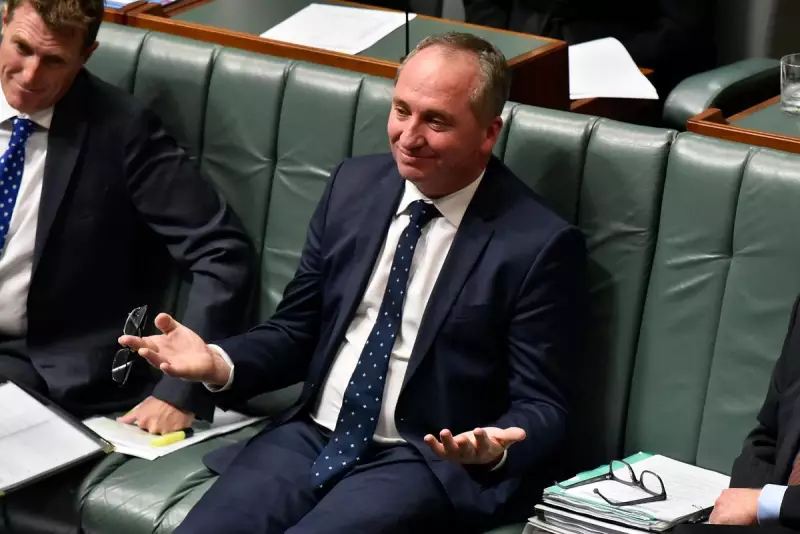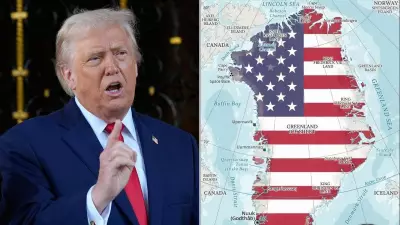
Australia's political landscape faces a significant shakeup as former deputy prime minister Barnaby Joyce confirms his intention to contest the next federal election, while Pauline Hanson confronts a leadership challenge within her own party.
Joyce's Political Future Confirmed
Barnaby Joyce has definitively stated he will stand for re-election in his New England seat, putting to rest speculation about his political future. The Nationals MP made the announcement during a television interview, emphasizing his commitment to representing his constituents despite recent personal controversies that have dominated headlines.
The confirmation comes at a critical juncture for both Joyce and his party, with the next federal election looming and political tensions running high. Joyce's declaration signals his determination to maintain his position in parliament and continue his political career that has spanned nearly two decades.
One Nation Leadership Challenge Emerges
In a parallel development that has sent shockwaves through Australian politics, Pauline Hanson is facing a potential leadership challenge from within her own One Nation party. The situation has escalated to the point where a Senate candidate is being positioned to potentially replace Hanson as party leader.
The internal party manoeuvring represents one of the most significant threats to Hanson's leadership in recent years. Sources within the party indicate that discussions about leadership changes have been ongoing, though the timing and specific details remain fluid as party members weigh their options.
This development comes amid broader concerns within One Nation about the party's direction and electoral prospects. The potential leadership change signals internal recognition that new strategies might be necessary to maintain relevance in Australia's competitive political environment.
Political Implications and Future Scenarios
The simultaneous developments involving two of Australia's most prominent political figures create a complex scenario for the upcoming election cycle. Joyce's decision to recontest provides stability for the Nationals in his New England stronghold, where he has maintained significant voter support despite various controversies throughout his career.
Meanwhile, the potential leadership change within One Nation could dramatically alter the minor party landscape. Hanson has been the public face of One Nation for decades, and any leadership transition would represent a fundamental shift in the party's identity and political strategy.
Political analysts suggest that these developments reflect broader realignments within Australian conservative politics. The interplay between established parties like the Nationals and protest parties like One Nation continues to evolve as voters reassess their political allegiances.
The next federal election now promises even greater drama with these confirmed and potential changes to the political lineup. Both major and minor parties are positioning themselves for what many expect to be a fiercely contested battle for parliamentary control.
As the political landscape continues to shift, Australian voters face an increasingly complex array of choices and leadership options. The confirmation of Joyce's candidacy and the potential change in One Nation leadership ensure that the road to the next election will be closely watched and hotly debated across the nation.





